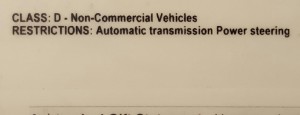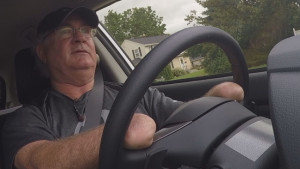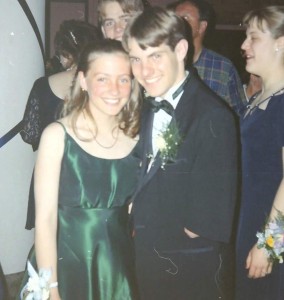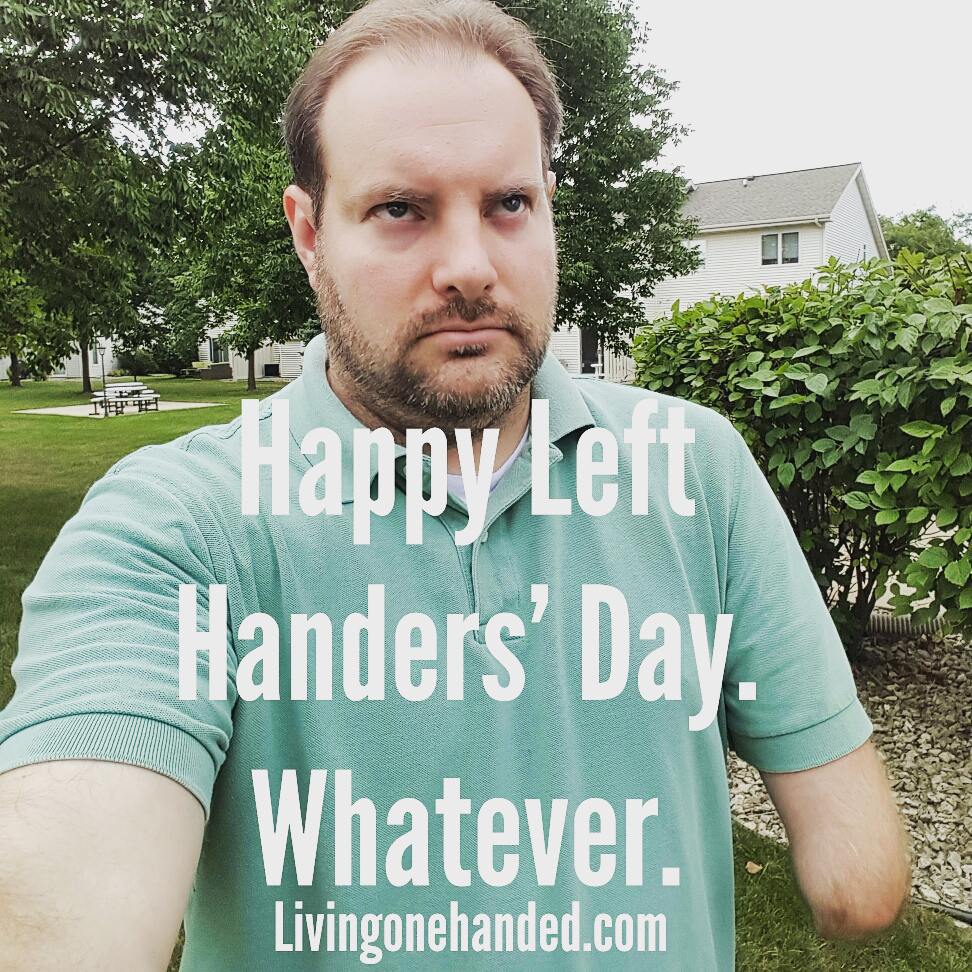Yesterday I had several people connect me with this story:
Essentially, the Wisconsin DMV refused to give Mr. Speckman a Wisconsin driver’s license without first having to take a driving test (because he doesn’t have hands), even though he’s had a valid license from the state of California for over 40 years. I’ve seen many reactions, ranging in intensity. The most common has been, “What in the world?? How could they?? That’s discriminatory!”
That was my first thought, too.
I’m conflicted, though.
On one hand, I totally get Mr. Speckman’s frustration. He’s been driving for over 40 years (accident free!) and has a valid California license. What right do they have to make him take a driving test to prove to them that he can do it safely?
On the other hand (if you have one), that’s pretty much their job, right? To make sure that the people they’re licensing are capable drivers.
While there’s a lot of room for improvement here (which I’ll get into), I think there needs to be some understanding, too. I don’t envy the position of the person/people at the DMV. Driving is a rather hands-on activity and if you’ve never seen a person with one hand or no hands drive before, I can understand why you’d be extra careful. Your job is to make sure (to the extent that it’s within your control) that you’re licensing drivers who can traverse the roads of your state safely. Now, we all know that having two hands doesn’t guarantee a safe driver, but the point is, if you don’t have any hands and I don’t know you personally and have never seen you drive, I can understand the hesitancy.
In fact, ever since I turned sixteen, the back of my driver’s license has looked like this:
 I’m not allowed to drive a car with a manual transmission. I’m not sure we ever even spoke about it; I think they just put the limitation on there. And I’ve honestly never cared. Could I drive a stick? Absolutely. Could I challenge the restriction? I’m sure I could. Will I? Nope.
I’m not allowed to drive a car with a manual transmission. I’m not sure we ever even spoke about it; I think they just put the limitation on there. And I’ve honestly never cared. Could I drive a stick? Absolutely. Could I challenge the restriction? I’m sure I could. Will I? Nope.
This situation actually makes me wonder what the process is for administering a driving test as people get older? If someone’s in their 80s or 90s, do they automatically have them take the test? It seems like we don’t get as upset about that or call into question discrimination in these cases, and I’m not saying we should or shouldn’t, I’m just making an observation.
At its core, the problem here is the assumption, right? I get that that’s upsetting and, in Mr. Speckman’s case, surprising. I believe we also have to remember the practical aspect of licensing and ensuring the safety of other drivers, though.
That said…
The inconsistency and subjectivity of the process must be improved. My guess is that, while it was surprising and somewhat offensive, if the DMV folks had addressed the situation consistently and respectfully, Mr. Speckman would have understood. We (people with physical differences) aren’t entitled to special treatment, nor should we expect it. We do, however, deserve and expect respect and to be treated with dignity, just like anybody else.
If Mr. Speckman had two hands (or even one) and a valid California license, would they have administered a driving test? That assumption is perhaps where the greatest challenge lies.
Ultimately, it makes me sad that my home state looks terrible in this situation. It’s embarrassing. This could be really good, though. Without even intending to, Mr. Speckman may have sparked statewide process improvement when it comes to licensing drivers with physical differences in the state of Wisconsin. The challenge, then, is to turn this ugliness into something beautiful.
And to move, as our state motto says…Forward.
What are your thoughts about the situation? Have you ever experienced something similar? How did you react?



